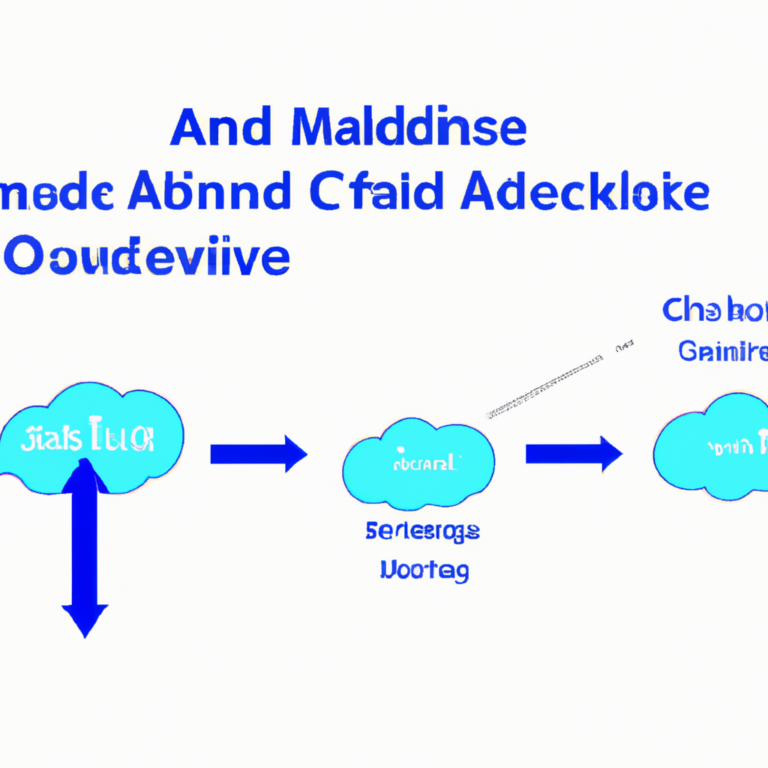Understanding Ichimoku Cloud Trading Signals
Ichimoku Cloud is a technical analysis tool that provides traders with valuable insights into market trends and potential entry and exit points. By analyzing various components of the Ichimoku Cloud, traders can make informed decisions about their trading strategies. In this article, we will explore the different trading signals provided by the Ichimoku Cloud and how traders can use them to their advantage.
Components of Ichimoku Cloud
Before diving into the trading signals, it’s important to understand the key components of the Ichimoku Cloud:
- Tenkan-sen (Conversion Line)
- Kijun-sen (Base Line)
- Senkou Span A (Leading Span A)
- Senkou Span B (Leading Span B)
- Chikou Span (Lagging Span)
Trading Signals
Now let’s discuss the different trading signals provided by the Ichimoku Cloud:
1. Tenkan-sen/Kijun-sen Cross
When the Tenkan-sen line crosses above the Kijun-sen line, it is considered a bullish signal. Conversely, when the Tenkan-sen line crosses below the Kijun-sen line, it is seen as a bearish signal. Traders can use this crossover to enter or exit trades.
2. Kumo Breakout
A Kumo breakout occurs when the price breaks above or below the cloud. A bullish breakout happens when the price breaks above the cloud, indicating a potential uptrend. On the other hand, a bearish breakout occurs when the price breaks below the cloud, signaling a possible downtrend.
3. Senkou Span Cross
When Senkou Span A crosses above Senkou Span B, it is considered a bullish signal. Conversely, when Senkou Span A crosses below Senkou Span B, it is seen as a bearish signal. Traders can use this crossover to confirm trends and make trading decisions.
4. Chikou Span Confirmation
The Chikou Span is the lagging line that represents the current closing price shifted back 26 periods. When the Chikou Span is above the price, it confirms a bullish trend. Conversely, when the Chikou Span is below the price, it confirms a bearish trend.
Conclusion
Ichimoku Cloud trading signals can provide traders with valuable insights into market trends and potential entry and exit points. By understanding the different components of the Ichimoku Cloud and how to interpret the trading signals, traders can make informed decisions about their trading strategies. It is important to combine Ichimoku Cloud signals with other technical analysis tools and risk management strategies to maximize trading success.









